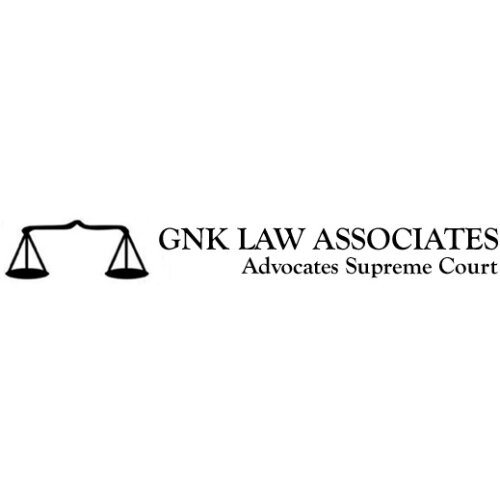Best Franchising Lawyers in Delhi
Share your needs with us, get contacted by law firms.
Free. Takes 2 min.
List of the best lawyers in Delhi, India
About Franchising Law in Delhi, India
Franchising is a popular business model in Delhi, India, wherein a franchisor grants the rights to use its brand, products, and business system to a franchisee in exchange for fees and ongoing royalties. Franchising law in Delhi governs the legal relationship between franchisors and franchisees, ensuring fair practices and protecting the interests of both parties.
Why You May Need a Lawyer
There are several situations where seeking legal help in franchising may be necessary:
- Reviewing and negotiating franchise agreements
- Resolving disputes between franchisors and franchisees
- Understanding legal obligations and compliance requirements
- Protecting intellectual property rights
- Ensuring compliance with local laws and regulations
Local Laws Overview
Key aspects of local laws relevant to franchising in Delhi, India include:
- The Indian Contract Act, which governs the legal validity of franchise agreements
- The Competition Act, which regulates anti-competitive practices in the franchising sector
- The Consumer Protection Act, which safeguards consumer rights in franchising transactions
- The Trademarks Act, which protects franchisors' intellectual property rights
- The Companies Act, which outlines the legal framework for companies involved in franchising
Frequently Asked Questions
Q: What is the minimum legal requirement to establish a franchise in Delhi?
A: Franchisors need to have a registered company under the Companies Act and a proven successful business model to establish a franchise in Delhi legally.
Q: Are there any restrictions on the terms of a franchise agreement?
A: Yes, franchise agreements in Delhi must comply with the principles of reasonableness, fairness, and transparency. Unfair terms that exploit the franchisee disproportionately may be deemed void.
Q: Can a franchise agreement be terminated prematurely?
A: Yes, a franchise agreement can be terminated if either party fails to fulfill their obligations as per the agreement. However, termination clauses within the contract should be carefully reviewed to understand the terms and consequences.
Q: What legal protections are available for franchisees in Delhi?
A: Franchisees in Delhi are protected by various laws, such as the Indian Contract Act, the Competition Act, and the Consumer Protection Act. These laws ensure fair practices, prevent anti-competitive behavior, and safeguard consumer rights.
Q: How can a lawyer assist in resolving franchise disputes?
A: Lawyers experienced in franchise law can help negotiate settlements, mediate disputes, and represent clients in litigation if necessary. They have in-depth knowledge of the legal complexities involved in franchising and can guide you through the dispute resolution process.
Additional Resources
- Ministry of Corporate Affairs - Government body responsible for company law and regulations in India: https://www.mca.gov.in/
- Competition Commission of India - Regulates anti-competitive practices and promotes fair competition: https://www.cci.gov.in/
- Delhi State Consumer Disputes Redressal Commission - Handles consumer complaints and disputes: http://delhistatecommission.nic.in/
Next Steps
If you require legal assistance in franchising in Delhi, India, it is recommended to:
- Research and identify lawyers or law firms specializing in franchise law.
- Arrange consultations with potential lawyers to discuss your specific needs and gather information about their expertise.
- Provide necessary documentation related to your franchising situation.
- Engage a lawyer who understands the nuances of franchising law and can effectively represent your interests.
- Follow their guidance throughout the franchising process to ensure compliance with legal requirements and protect your rights.
Lawzana helps you find the best lawyers and law firms in Delhi through a curated and pre-screened list of qualified legal professionals. Our platform offers rankings and detailed profiles of attorneys and law firms, allowing you to compare based on practice areas, including Franchising, experience, and client feedback.
Each profile includes a description of the firm's areas of practice, client reviews, team members and partners, year of establishment, spoken languages, office locations, contact information, social media presence, and any published articles or resources. Most firms on our platform speak English and are experienced in both local and international legal matters.
Get a quote from top-rated law firms in Delhi, India — quickly, securely, and without unnecessary hassle.
Disclaimer:
The information provided on this page is for general informational purposes only and does not constitute legal advice. While we strive to ensure the accuracy and relevance of the content, legal information may change over time, and interpretations of the law can vary. You should always consult with a qualified legal professional for advice specific to your situation.
We disclaim all liability for actions taken or not taken based on the content of this page. If you believe any information is incorrect or outdated, please contact us, and we will review and update it where appropriate.














